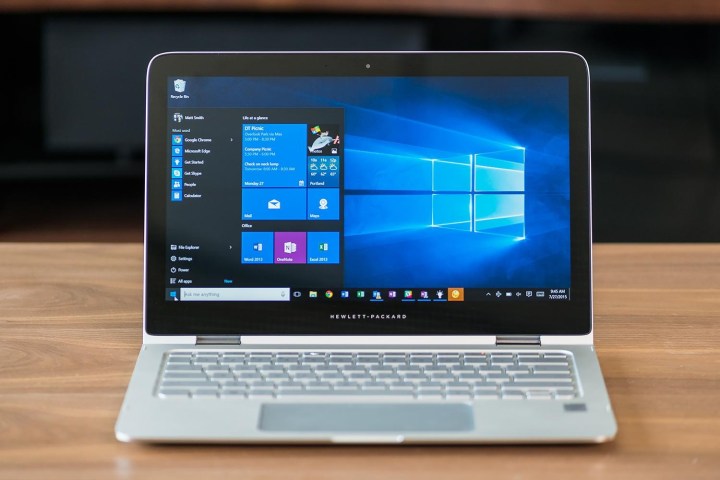
These builds are focused on bug fixes and improvements for the Windows 10 Anniversary Update, which is scheduled for a full rollout sometime this summer. It’s so focused on bugs, in fact, that Windows Insider chief Dona Sarkar has announced the “June Bug Bash,” which gives bored geeks some brownie points for helping find outstanding issues.
To that end, Microsoft is gamifying the build with “multiple quests inside Feedback Hub that will highlight different areas of the product each day.” These quests encourage users to provide quality feedback through the Feedback Hub built into Windows 10.
There will be two types of quests. Limited-time quests expire within 24 hours. Advanced quests last longer, but they ask users to change system settings in a hunt for errors. There aren’t any tangible rewards for completing quests, aside from the warm fuzzy feeling you get contributing to a group project.
This is the second Windows 10 bug bash. The company held the first in late April. And the bug bash, as a concept, has been around for almost as long as software itself.
The focus on bugs means the changelog for Windows 10 Build 14366 and Windows 10 Mobile 14364 is a long list of incremental changes. You can read all about them in Microsoft’s official blog post. However, there are two features that stand out.
Microsoft has singled out one feature for mention, however. Office Online has gained an official Edge extension, which is designed to make it easier for users to open and edit Office files without having Office — the app — installed. It could be a useful way to pop in and make changes.
Insiders on the Fast Ring will see this build download sometime in the next 24 hours. If you’re not an Insider, don’t worry — it’s not too late to sign up.
Editors' Recommendations
- Scores of people are downgrading back to Windows 10
- Windows 11 might nag you about AI requirements soon
- Surface Pro 10: all the major changes rumored for the new model
- Windows 11 vs. Windows 10: finally time to upgrade?
- Beware! The latest Windows 11 update might crash your PC


